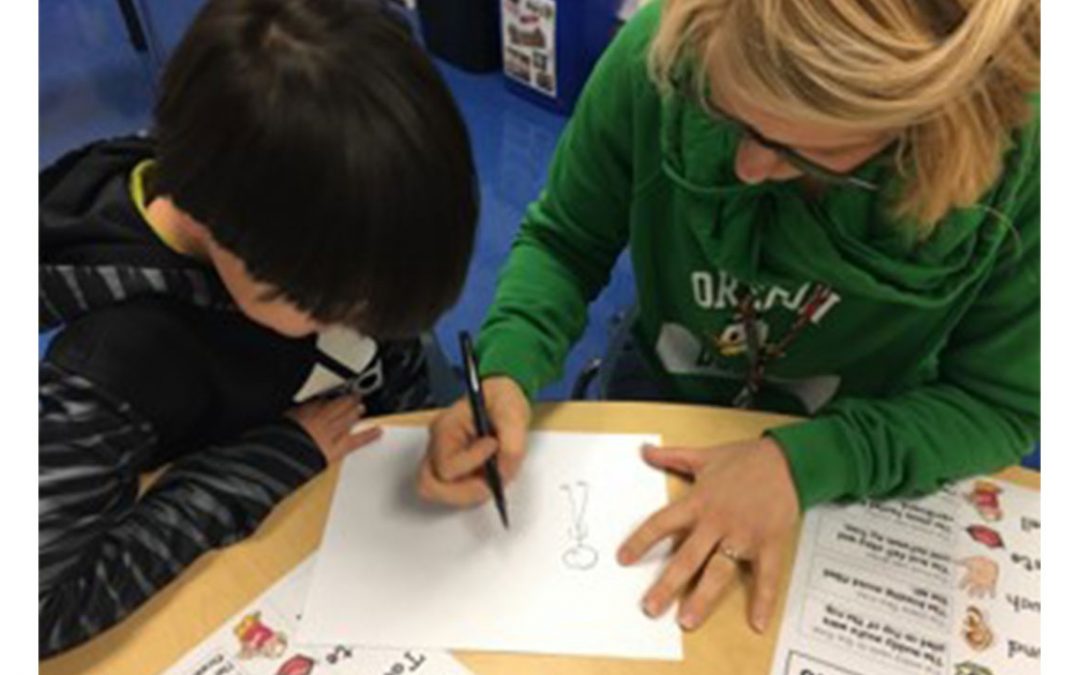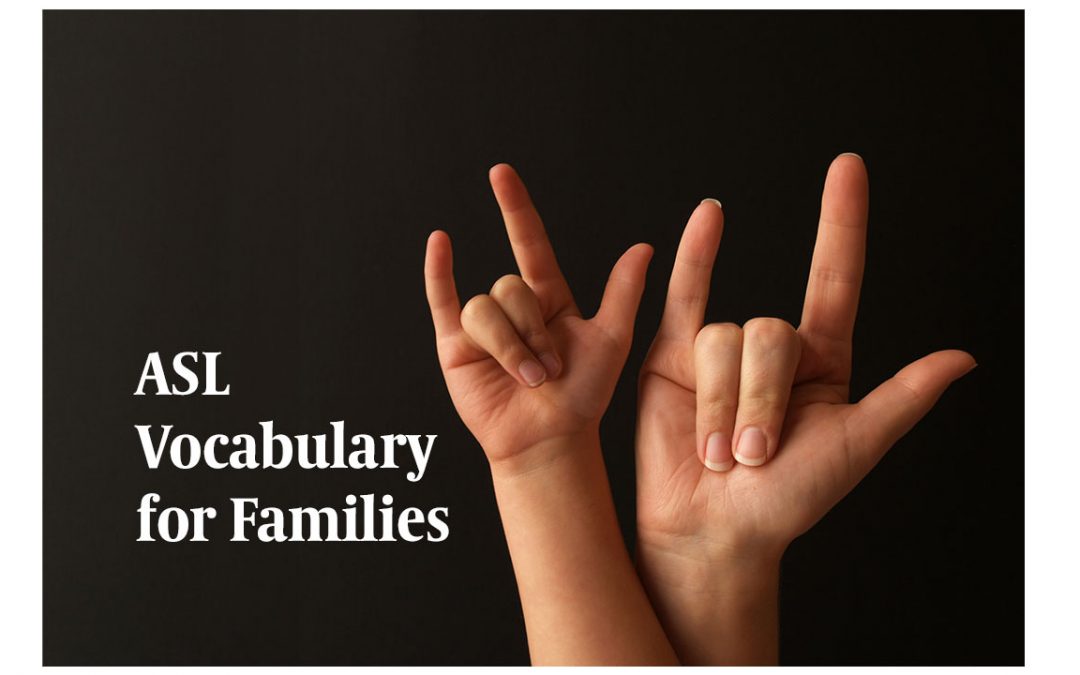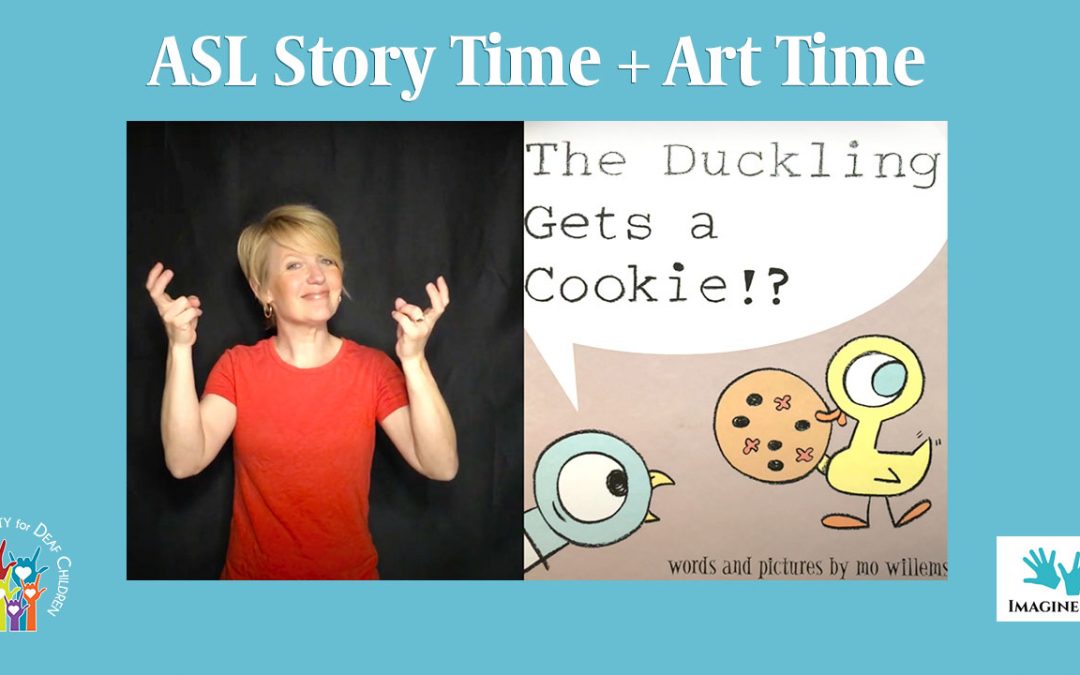Educators
Information for Educators working with deaf childrenDeaf Education: A New Philosophy [PDF]
Research at the National Technical Institute for the Deaf is shifting the way deaf students are being educated. Recent research suggests that even with qualified interpreters in the mainstreamed classroom, educators need to understand deaf children learn differently, are more visual, and often process information differently than their hearing peers.
For a child who is Deaf the decision on where a child will attend school can be a difficult decision to make. Parents have a continuum of options to chose from.
Have you ever wondered how your child’s classroom environment affects the ability to be a part of classroom discussions? When students do not have full access to information, they can easily fall behind. Whether children use an oral approach or utilize a sign language interpreter, they are faced with challenging situations. Speedy lectures, flashing powerpoint slides, reading along from books, looking at a computer while the teacher is simultaneously speaking, group discussions, multiple dialogues, epic stories requiring lengthy periods of concentration – each and all result from time to time in mental, emotional, and physical exhaustion.
The Beginnings of Deaf Education [PDF]
There are many histories of Deaf education. It depends on who is telling the story. The story we are telling is a basic history from historians, documentation, and family. It, however, is just a glimmer of the history which actually must have occurred. Most historians agree that the true beginning of teaching children who are Deaf began in the sixteenth century in Spain
ASDC Educational Memberships Available
Learn what the ASDC Educational Membership can offer the deaf students in your school.
Recommended Articles for Educators

Webinar: Making Language Visual
If your child knows what you are saying, but doesn’t understand what you mean, this webinar will show you how to use simple picture drawing strategies to increase your child’s understanding of abstract concepts and learn new vocabulary.

Free Webinar: Best Early Intervention Practices during COVID-19
The webinar for parents and educators will share best practices on providing (and receiving) early intervention for deaf and hard of hearing babies during the COVID-19 pandemic. Spanish voice interpretation available!

Online ASL Class: Summer Signs
Take a beginning ASL class online with ASDC! On Monday, June 15, 2020 we’re presenting a class on signs for the summer.

Talking to Your Child About Racial Justice: ASL & English Resources
Get resources for talking to your kids about recent protests and racial injustice – and ASL and English.

ASL School Signs Class
Learn ASL signs for school with teacher Richard Rose. Learn signs related to English, math, science, social studies, and more!

Free ASL Classes – Summer 2020
These free ASL classes are being offered by Connections Beyond Sight and Sound, the Maryland/DC DeafBlind Project, and the Family Support and Resource Center at the Maryland School for the Deaf. We thank them for their work to support families with deaf and hard of...

Basic ASL Vocabulary for Families
Boost your ASL vocabulary with this free online class from Connections Beyond Sight and Sound. This class is designed for parents and teachers working with deaf and hard of hearing children.

ASDC Newsletter – May 2020
Get information about our upcoming ASL classes, see our RIT spotlight, learn about hearing aid reimbursement, and more!

The Duckling Gets a Cookie!? – ASL Story Time with Art Activity
Jincy Roberson from ImagineASL shares her ASL retelling of Mo Willem’s book, The Duckling Gets a Cookie!? See the video plus get an accompanying art activity that you and your child can do together at home.

ASDC Newsletter – April 2020
Get a new ASL Story video, free memberships, and help with hearing aid management. Learn about a new relay call feature from SVRS, and meet Sign of Hope, our newest ASDC organization member.

